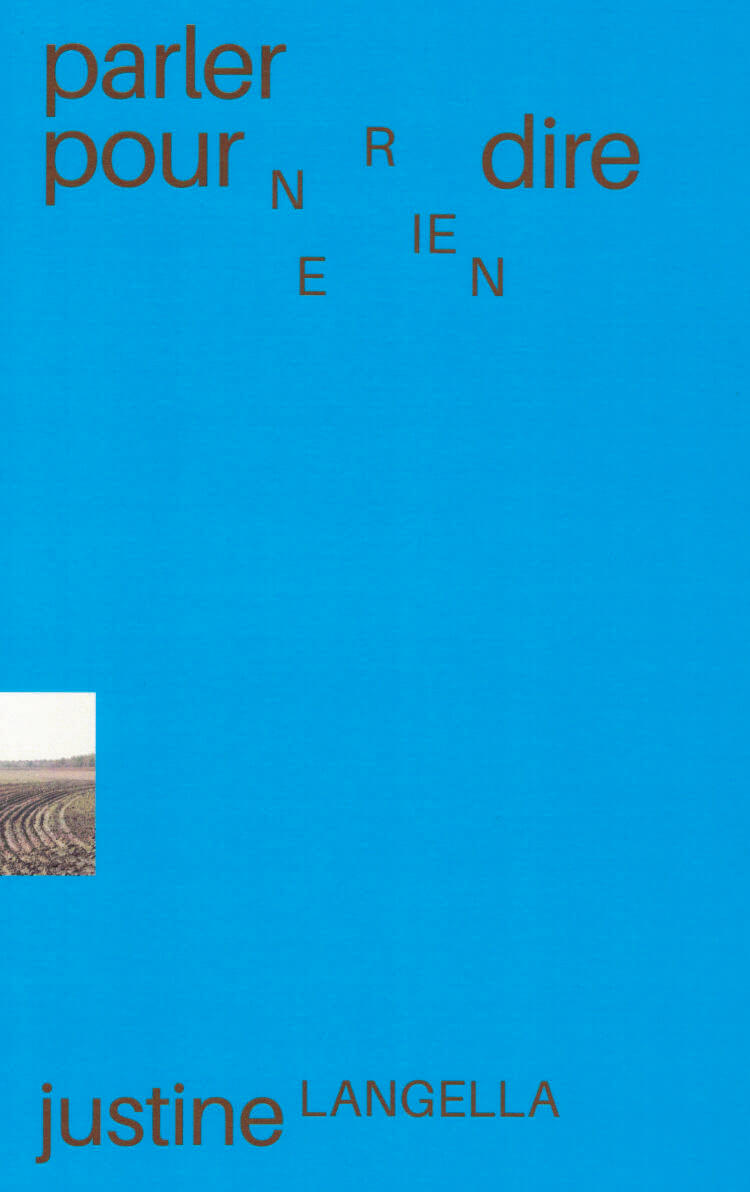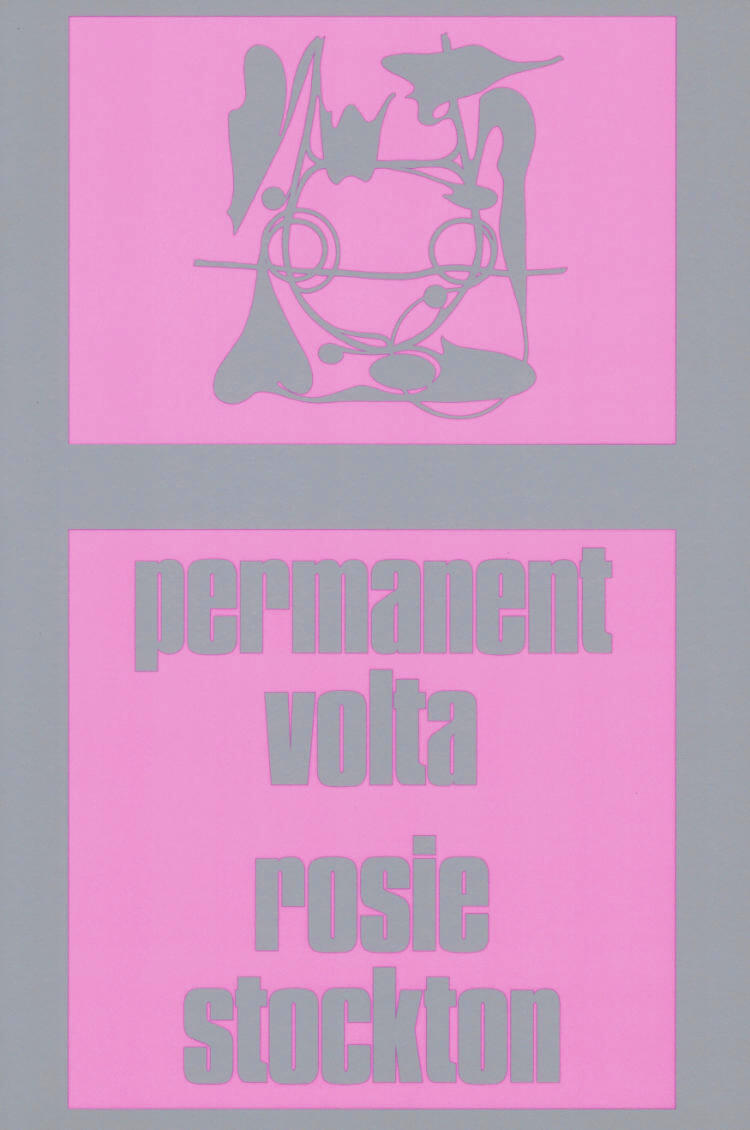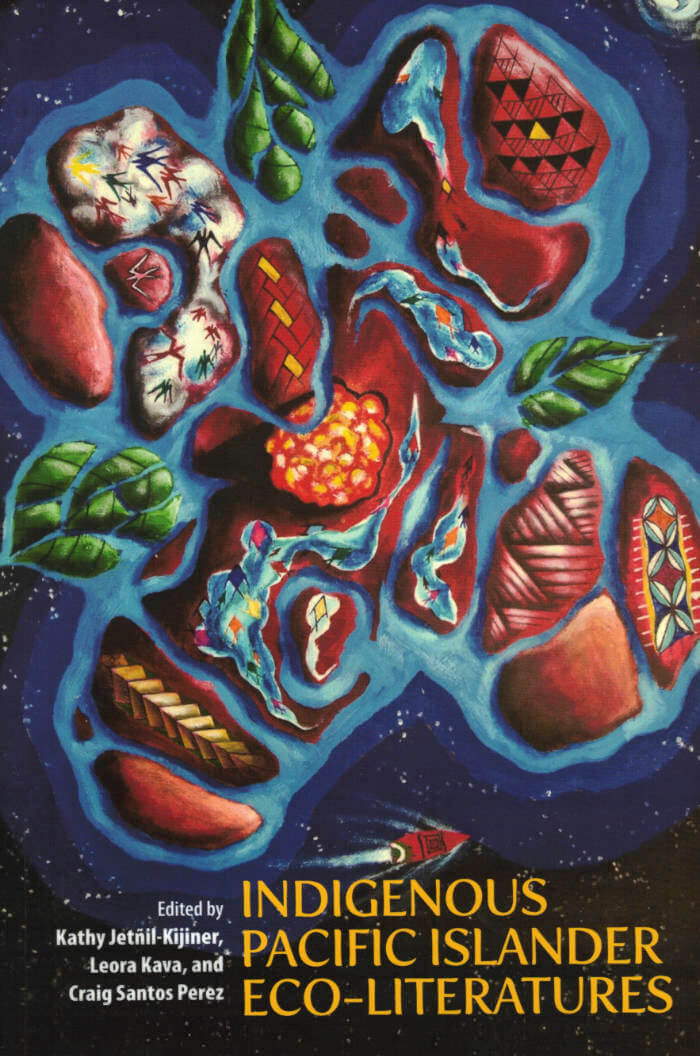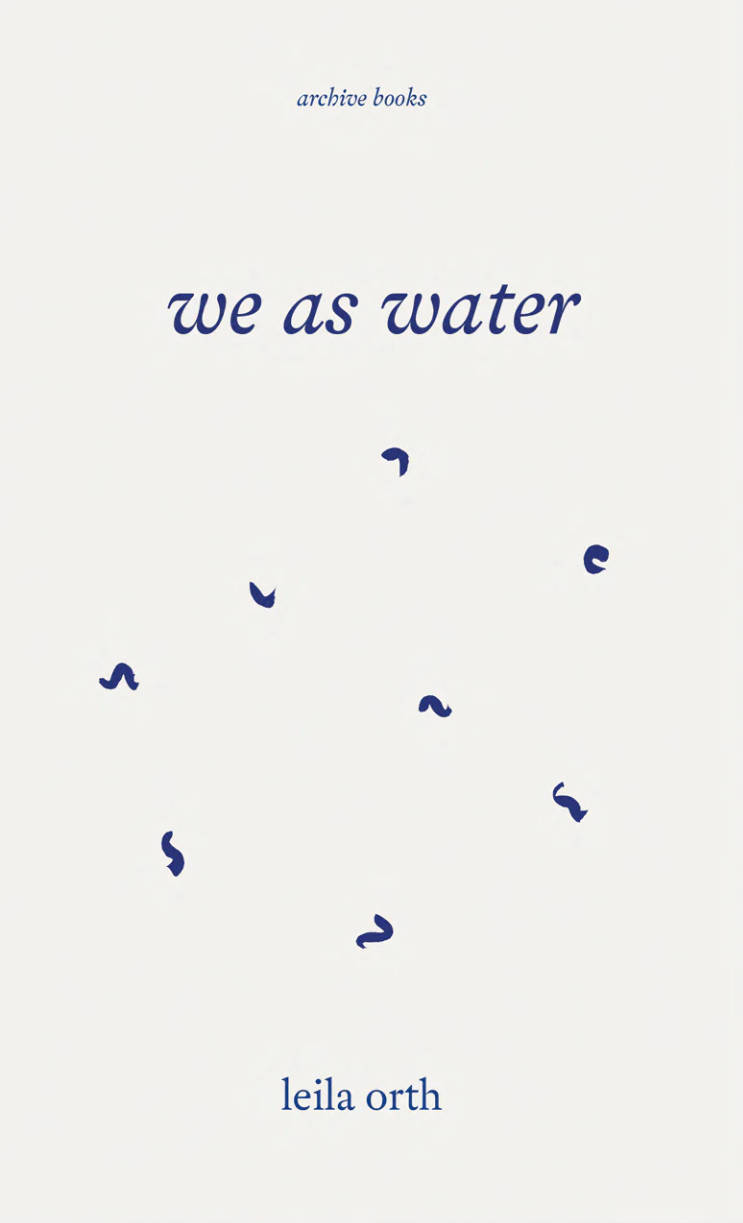
Parler Pour Ne Rien Dire
Parler Pour Ne Rien Dire is a collect of thirty five texts and twenty seven analog images, all produced in between April 2017 and April 2020. The book looks into ways to give access to a process of movement, to built a testimony of this world that we do inhabit through poetry and fiction, to erase borders and open the possibilities of each ones of us sensitivity.
'How do we get attached to a place who does not belong to us? What are we bringing home with us when we cross unknown places? How do we produce nostalgia?'
Design by Chloé Delchini in Brussels, Belgium
Printed at Pleine Pages, Bordeaux, France in 2021
Language: French




